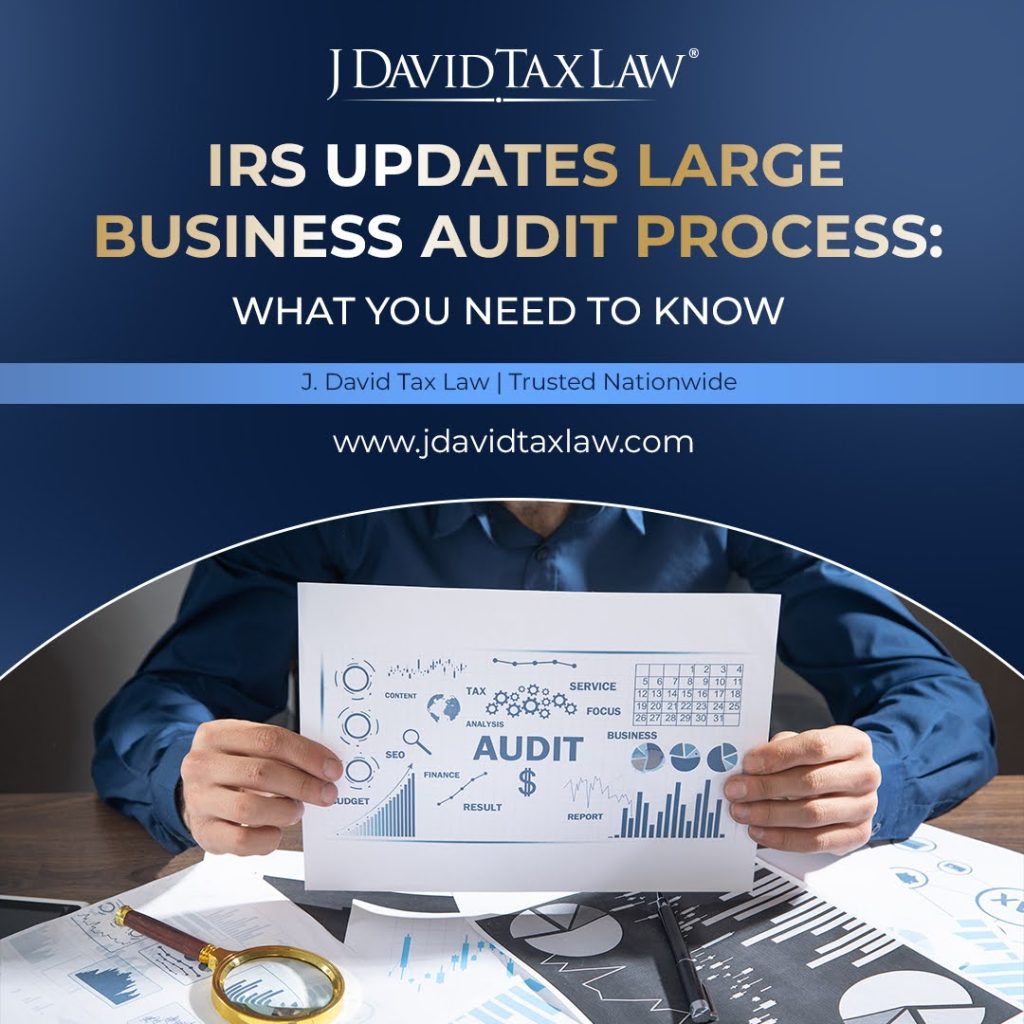Many are unaware of the legal consequences when the government seizes your assets for unpaid taxes, whether it’s cash, property, or even personal belongings. Fortunately, Fayetteville’s tax attorneys from J. David Tax Law has developed effective strategies to safeguard your assets from seizure.
These tax professionals utilize their expertise in tax law, negotiation skills, and the appeals process to ensure your financial stability remains intact.
This blog will discuss how these legal experts can be your ally against unjust asset seizure in Fayetteville. They can also help in giving you peace of mind and a path to fiscal solvency.

What are the Legal Grounds for Asset Seizure in Fayetteville?
Assets can be seized for a variety of tax-related reasons. It ranges from the following:
- Unpaid federal and state income taxes
- Tax evasion
- Civil forfeiture
- Criminal investigations
- Tax Enforcement
This process is governed by regulations that detail when and how government agencies, including the IRS and local bodies, can legally claim ownership of one’s property to settle debts.
Tax lawyers from J. David Tax Law can solve your tax issues, especially when the government already initiated the seizure of your property. They often emphasize the importance of distinguishing between types of tax debts. This includes how differing laws across jurisdictions intersect and influence asset seizure cases.

Identifying the Types of Tax Debts That Lead to Seizure
Tax debts that might trigger asset seizure by Fayetteville authorities or the Internal Revenue Service (IRS) may include back taxes on income and property. When individuals or businesses fail to remit the required amounts for these taxes, government agencies can initiate seizure proceedings. This is their means to recover owed sums by the taxpayer.
Payroll tax discrepancies, business tax delinquencies, and outstanding IRS tax debts also stand out as significant factors. Fayetteville tax attorneys highlight that each category carries distinct processes and implications. They emphasize the need for tailored legal strategies to address the precise type of tax debt an entity or individual faces.
Strategies Fayetteville Tax Lawyers Use to Prevent Asset Seizure
Dealing with the prospect of asset seizure due to tax liabilities can be overwhelming for many in Fayetteville, NC. Tax attorneys can help clients and engage with the IRS proactively. They can start with negotiating terms that can forestall the seizure of assets.
Some of these strategies include the following:
- Securing an Installment Agreement– it allows taxpayers to make manageable payments over time.
- Applying for an Offer in Compromise– this solution aims to reduce the overall tax liability.
Both approaches require expert understanding and skilled negotiation techniques of tax attorneys. If the attempt to prevent asset seizure is successful, it will help the clients have financial stability while making amends with their tax debts.
In countering tax levies and preserving assets, Fayetteville residents find hope through strategic exemptions provided under both federal and North Carolina laws. IRS tax attorneys from J. David Tax Law combine expertise in tax law with strategic planning that enables taxpayers to harness these exemptions proactively. These vary from retirement accounts protected under federal law to homestead exemptions under North Carolina statutes.
Steps to Initiate a Formal Review of Your Case With the IRS
When facing tax problems, it is important to understand what are the actions that can help mitigate the consequences. Initiating a formal review of your case with the IRS is a solution when a taxpayer is facing seizure actions. It starts with the following:
Gather Relevant Documents
Taw law professionals gather all relevant documents related to your tax situation. This may include tax returns, receipts, bank statements, W-2 forms, 1099 forms, correspondence with the IRS, and any other documentation that supports your case.
Contact the IRS
The first step in initiating a formal review is often to contact the IRS. This can be done by calling the appropriate IRS department or by sending a written communication, such as a letter or fax. Tax lawyers ensures that the communication is clear and concise, providing all necessary information to begin the review process.
Submit a Formal Request
Depending on the nature of your case, you may need to submit a formal request for review to the IRS. This request should outline the specific issues you want the IRS to review and provide supporting documentation.
Tax lawyers can assist in drafting and submitting this request, ensuring that it meets the IRS’s requirements and deadlines. This may involve filing Form 843, Claim for Refund and Request for Abatement, which is typically used to request refunds of certain taxes, penalties, and interest, or to request the abatement of certain assessed penalties or interest.
Engage in Communication
Throughout the review process, it’s essential to maintain open and ongoing communication with the IRS. This may involve responding to requests for additional information, providing clarifications on submitted documents, or participating in meetings or phone calls with IRS representatives. Tax lawyers handle these communications on your behalf to advocate for your interests and protect your rights.
Review Outcome
Once the IRS has completed its review, you will receive notification of the outcome. This may come in the form of a decision letter, a notice of deficiency, or another type of communication. Tax lawyers can help you understand the implications of the IRS’s decision and advise you on the next steps, such as appealing the decision or negotiating a settlement.
Assets That Can be Seized By the IRS
The IRS has the authority to seize various types of assets from taxpayers who have failed to pay their taxes or who are in violation of tax laws. Some of the assets that can be seized by the IRS include:
- Real estate properties: This includes homes, land, and other real property owned by the taxpayer.
- Bank accounts: The IRS can levy bank accounts to collect unpaid taxes or other debts owed to the government.
- Vehicles: Cars, trucks, boats, and other vehicles owned by the taxpayer can be seized by the IRS.
- Wages and income: The IRS can garnish wages or other sources of income to collect unpaid taxes.
- Retirement accounts: While retirement accounts such as Individual Retirement Accounts (IRAs) and 401(k)s are generally protected from creditors, the IRS has the authority to levy these accounts to collect unpaid taxes.
- Business assets: The IRS can seize assets owned by a taxpayer’s business, including inventory, equipment, and accounts receivable.
- Personal property: Other personal assets such as jewelry, artwork, and collectibles can also be seized by the IRS.
The IRS only resorts to asset seizure after other collection efforts, such as tax notices and demands for payment, have been unsuccessful. Taxpayers who are facing potential asset seizure should seek advice from a tax expert or legal counsel to understand their rights and options.
Conclusion
The legal impact of asset seizure reveals the indispensable role of tax lawyers in solving these issues. Some state and federal laws can make or break a client’s case.
Tax professionals from J. David Tax Law offers hope and strategic defense to individuals and businesses facing asset seizure due to tax liabilities. They employ a variety of strategies, from negotiating installment agreements and offers in compromise with the IRS.
These Fayetteville tax lawyers from J. David Tax Law provide a lifeline to those facing tax disputes. They also prioritize the importance of preserving financial security amidst legal challenges regarding asset seizures. Contact J. David Tax Law today for a free initial consultation.
Frequently Asked Questions
How to contest an unfair asset seizure?
What is the role of bankruptcy in protecting your assets from seizure?
How do state and federal laws affect seizure cases?
Federal statutes, such as the Comprehensive Crime Control Act of 1984, allow agencies like the IRS and the Department of Justice to seize assets believed to be connected to criminal conduct. The guidance of Fayetteville tax attorneys from J. David Tax Law is indispensable for those facing or attempting to avoid asset seizure.




















